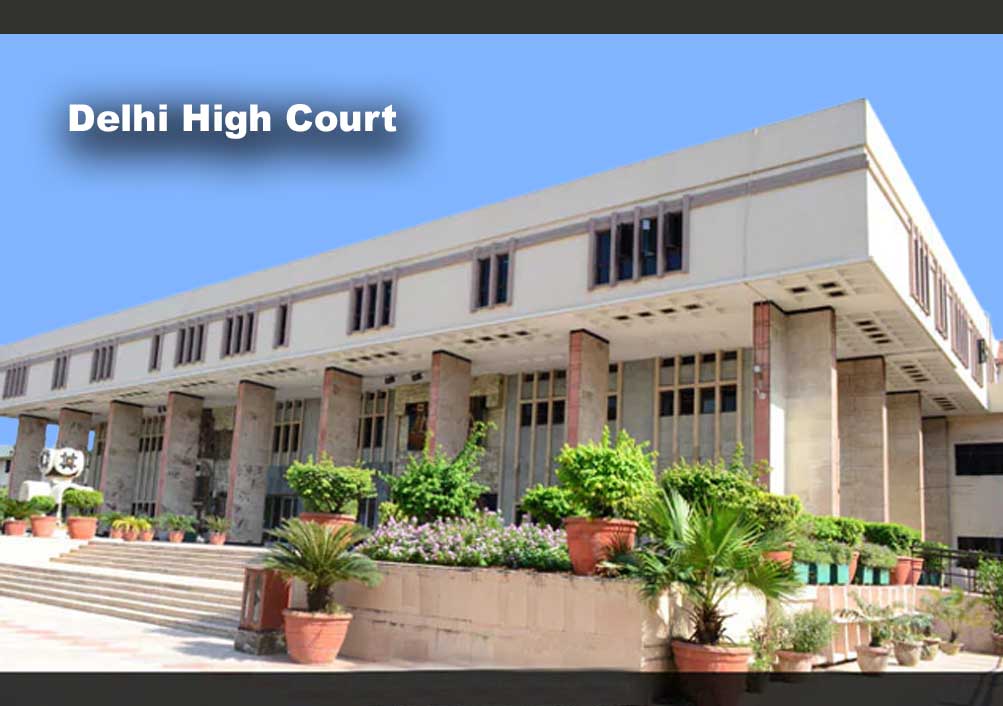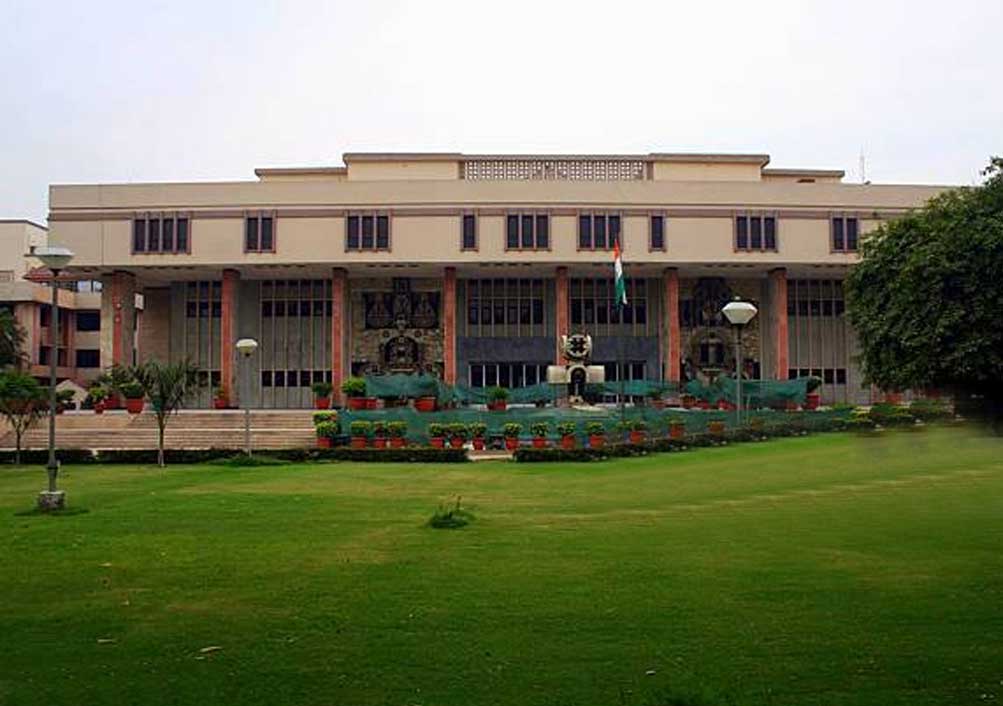Contract, that can be terminated based upon breach committed by party to it, is enforceable u/s 14(d) of Specific Relief Act: Delhi HC

Read Judgment: Golden Tobacco Ltd vs. Golden Tobie Pvt. Ltd
Pankaj Bajpai
New Delhi, October 13, 2021: The Delhi High Court has opined that a contract that can be terminated based upon breach committed by a party to it is not determinable and hence, specifically enforceable u/s 14(d) of Specific Relief Act, 1963 (SRA).
The Single Judge Bench of Justice Vibhu Bakhru observed that Section 14(1)(c) of SRA dealt with contracts which a party was entitled to determine, during its subsistence and not a contract, which would stand determined on account of non-performance of obligation by a party to agreement.
The background of the case was that M/s. Golden Tobacco Ltd. (GTL) had entered into a comprehensive Trademark License Agreement with M/s. Golden Trobe Pvt. Ltd. (GTPL). Thereunder, GTL had granted exclusive non-transferable and non-assignable license in respect of exclusive Brands to GTPL.
Subsequently, GTL terminated the Trademark License Agreement by a termination notice, alleging that GTPL had neither commenced manufacturing of cigarettes nor paid any royalty to GTL for a period exceeding six months.
Later, GTL had withdrawn the notice and the parties entered into an Amendment Agreement. However, alleging that GTPL had breached the Amendment Agreement, GTL issued notice terminating the Amendment Agreement and Trademark License Agreement.
GTL therefore filed application u/s 8 of Arbitration & Conciliation Act (A&C Act) and parties were referred to arbitration as per Trademark License Agreement. Meanwhile, Court passed ex-parte ad-interim order restraining GTPL from manufacturing, selling and supplying cigarettes under the exclusive Brands till next date of hearing.
The ad-interim order was continuing till date. GTL therefore filed present petition u/s 9 of A&C Act, praying that GTPL be restrained from manufacturing, selling and supplying to market, cigarettes under exclusive brands owned by GTL. GTL submitted that Trademark License Agreement was terminated and later, reinstated with modifications.
It was pleaded that as per Amendment Agreement, GTL had unrestricted rights to terminate Trademark License Agreement and the same could not be disputed by GTPL. Denial of injunction to GTL would amount to specifically enforcing Trademark License Agreement, which was impermissible as it was determinable.
After considering the arguments, the High Court observed that a clause providing for automatic termination of contract on account of it not being implemented within given time-frame would not make the contract terminable in nature u/s 14(1)(c) of SRA.
Section 14(1)(c) referred to agreements, which, either from their special character or from special stipulations, were determinable at option or pleasure of the party against whom relief was sought, added the Court.
Justice Bakhru stated that for a contract to become determinable, it must be first shown by defendant that its clauses and terms were such that it would become possible for either of the parties to determine and terminate it without assigning any reason.
Words used in sec. 14(1)(c) of SRA were “inherently determinable” and the effect of use of word “inherently” was to make it unambiguously clear that a contract which could be terminated by either of the parties on their own will without any further reason and without having to show any cause, were inherently determinable, added Justice Bakhru.
The High Court however made it clear that, if an agreement was shown to be determinable at happening of an event or on occurrence of a certain exigency, it was ineluctable that on such event or exigency happening or occurring alone the contract would stand determined.
“This was akin to a partnership at will, where one partner could notify the others of his intention not to continue in the firm and partnership itself then dissolved. A contract to be inherently determinable must specifically provide competence to parties to terminate it without assigning any reason and merely by indicating that he did not intend to comply with the same. It meant that the contract was determinable at the sweet will of a party to it, without reference to other party or without reference to breach committed by other party or without reference to any eventuality or circumstance. It contemplated a unilateral right in a party to a contract to determine the contract without assigning or having any reason”, observed the High Court.
Justice Bakhru noted that the subject matter of present disputes comprised not only rights of GTL but also those of GTPL, and as per Trademark License Agreement, GTPL had, subject to payment of agreed royalty, right to use Exclusive Brands in perpetuity, which was a valuable right.
A plain reading of termination notice indicated that GTL had sought to terminate Trademark License Agreement on account of alleged failure on part of GTPL to provide sales turnover and failure on part of GTPL to discuss further sales as per Amendment Agreement, noted the High Court.
However, GTL produced no communication with GTPL where GTPL had denied to do so, and thus, GTL prima facie established no default on part of GTPL, entitling GTL to terminate Trademark License Agreement, added the Court.
Besides, Justice Bakhru found that the termination notice was ex-facie illegal, as it was not in conformity with terms of Trademark License Agreement, as amended by Amendment Agreement, as per which GTL was entitled to terminate the Agreement in event GTPL did not comply with any of the conditions as set out in Trademark License Agreement after a notice period of 3 months by issuance of termination notice.
However, termination notice expressly stated that GTL had terminated Trademark License Agreement and Amendment Agreement with immediate effect, added Justice Bakhru.
Accordingly, the High Court concluded that as the action of GTL, terminating Trademark License Agreement was contrary to its terms and termination was illegal, Trademark License Agreement, as amended by Amendment Agreement, may be specifically enforced.
Sign up for our weekly newsletter to stay up to date on our product, events featured blog, special offer and all of the exciting things that take place here at Legitquest.




Add a Comment